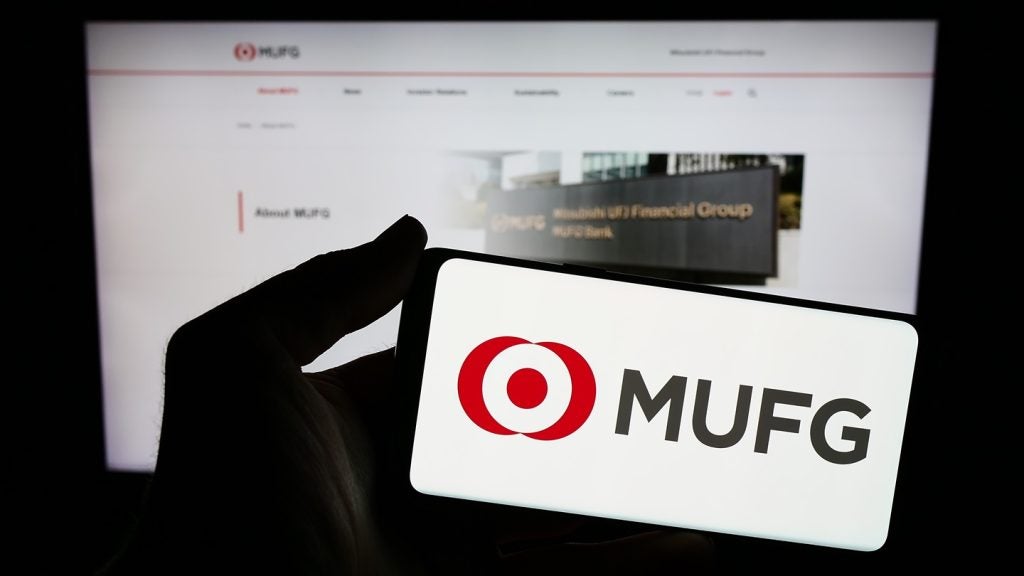Potentially heralding a recovery like the
first swallow of spring, UBS saw its first client inflows for
several quarters at the start of 2009.
It attracted about CHF3.4 billion ($2.9
billion) of net new money in wealth management in January after
seeing client investments flood out in 2008.
Earnings at its key Wealth Management
International & Switzerland business totalled CHF4.5 billion
for 2008.
Although this is a decrease of 28 percent on
the previous year, the core UBS private banking business remains
inherently highly profitable.
Overall, the troubled bank reported a group
net loss of CHF8.1 billion in the fourth quarter, taking the year’s
loss to CHF19.7 billion – a record for a Swiss company.
Credit Suisse lost CHF6 billion in the last
quarter, or CHF8.22 billion for the year after being similarly hurt
by investment banking losses.
How well do you really know your competitors?
Access the most comprehensive Company Profiles on the market, powered by GlobalData. Save hours of research. Gain competitive edge.

Thank you!
Your download email will arrive shortly
Not ready to buy yet? Download a free sample
We are confident about the unique quality of our Company Profiles. However, we want you to make the most beneficial decision for your business, so we offer a free sample that you can download by submitting the below form
By GlobalDataUBS, saying it expects to return to profit in
2009 after nearly $50 billion of toxic debt write-offs in the past
year, also announced a new restructuring of its organisation.
This will see a refocus on its core Swiss
businesses, its global wealth management operation and on the
growth potential of its onshore business.
Two new business divisions are being created:
Wealth Management & Swiss Bank under Franco Morra and Juerg
Zeltner, and Wealth Management Americas led by Marten Hoekstra.
Further cutbacks
UBS will continue to cut its
investment banking operations, with the aim of bringing down total
staff to about 15,000 from around 17,000 currently.
Analysts have talked about UBS successfully
mounting a “Fi-Fo” (first-in-first-out) strategy this year, being
the first big bank to admit the scale of the credit crisis through
write-downs, but exiting it relatively quickly, particularly after
accepting help from the Swiss government and parking CHF60 billion
in toxic obligations in a ring-fenced fund.
The key will be a restoration of its wealth
management franchise, analysts said. UBS saw new money outflows of
CHF58.2 billion in the fourth quarter compared to CHF49 billion the
previous quarter.
Outflows took place in all regions, except the
US, where it hired nearly 400 financial advisers in the quarter,
but also slowed in the final two months of the year, before turning
positive this January.
Still, the US continues to give UBS problems.
CEO Marcel Roher insisted that the bank will keep its US wealth
management division, even though it has held discussions with Wells
Fargo and others about joint ventures or disposals.
Its US unit is largely based around a
brokerage operation, PaineWebber, and UBS is known to be keen to
get out of low-margin brokerage and into more higher-end advisory
business.
In addition, UBS is facing a fine which could
reach as much as CHF2 billion in settlement of a high-profile US
investigation into possible tax fraud to help rich Americans hide
undeclared money in offshore accounts.
Overall, UBS saw client outflows that left
total managed assets down around a third at CHF2.4 trillion last
year. Morgan Stanley analyst Huw van Steenis, in a note prepared
before the earnings release, still thinks UBS will haemorrhage
money this year, contending outflows could total CHF136 billion
over 2009.
This, combined with falling margins, could
lower wealth management profits by about a third this year, Van
Steenis suggested.
At Credit Suisse (CS), net client inflows
totalled CHF2 billion in the fourth-quarter, the slowest rate of
the year, to take the year’s total to CHF51 billion.
In the final quarter of 2008, actual money
inflows of CHF13.8 billion were offset by CHF11.8 billion of client
deleveraging. Credit Suisse’s inflow target remains 6 percent per
annum.
Matthew Clark, an analyst at Keefe, Bruyette
& Woods, said the inflows in the quarter “were disappointingly
weak but were driven by clients deleveraging rather than a damaged
franchise.”
The gross margin came in well ahead of
expectations at 1.17 percent versus an analysts’ consensus 1.11
percent.
CS’s earnings on a pretax basis from private
banking and retail and corporate banking in Switzerland fell by 23
percent to CHF4.21 billion last year, and by 36 percent to CHF876
million in the final quarter. This was after being hurt by a CHF407
million provision for auction rate securities in the US.







